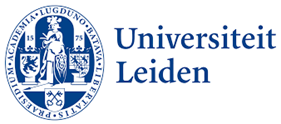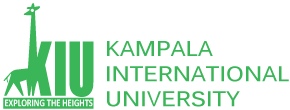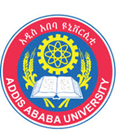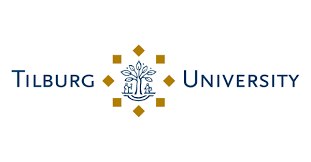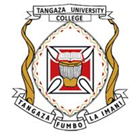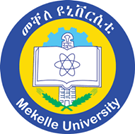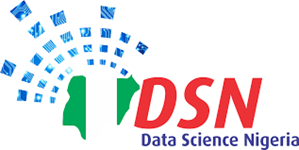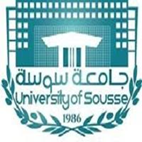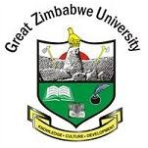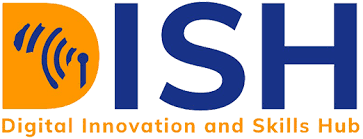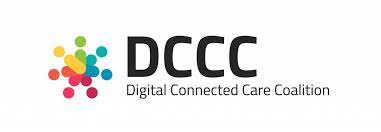VODAN Africa Global Coordinator Appointed Professor of FAIR Data Science at the Leiden University Medical Center (LUMC)
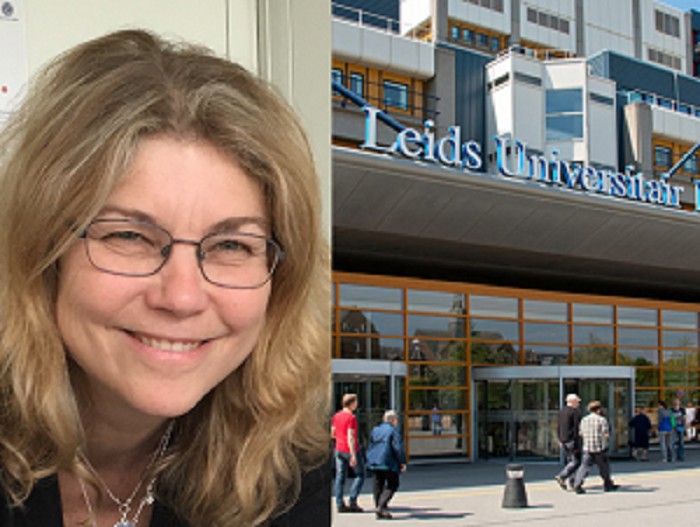
Tireless passion for the upscaling of African digital health applications is one word to describe Prof. Mirjam Van Reisen, the Global Coordinator VODAN Africa and the new Professor of FAIR Data Science at the Leiden University Medical Center (LUMC). The Chair was endowed by Philips and Kampala International University, the leading Private University in Uganda, and the East Africa region.
Her focus on her new position is to close the gap between medical research and the accessibility of data to broaden access to appropriate care. “The most important ingredient of research is data. Data need to be FAIR, which means they should be Findable, Accessible, Interoperable, and Reusable” said Prof. Van Reisen.
LUMC has always been a supporter of digital research in Africa. This new collaboration will strengthen the existing Euro-Africa collaborations in digital health research.
Last year, a test to execute machine-based querying of FAIR Data Points across continents with data held in residence was successfully carried out by LUMC and Kampala International University. It was a historic achievement to link machine-actional data between Africa and Europe and visit data in residence in both continents.
Currently, VODAN Africa has deployed 9 machine-actionable FAIR Data Points across Ethiopia, Kenya, Nigeria, Tunisia, Uganda, and Zimbabwe.
Fortunately, Dr. Mouhamad Mpezamihigo, the Vice-Chancellor of Kampala International University is the Chair of the VODAN Africa Implementation Network and VODAN Africa Board. He has been at the forefront of the deployment of FAIR Data in Uganda.
“KIU sees the digital future. The COVID-19 pandemic made us aware that we need to have the capacity in Africa to analyze our own data, store our own and be the custodians of our own data. KIU is training students and staff in this for sustainable continuity. The collaboration with LUMC allows us to collaborate on this at the global level. This success will allow expansion of the same principles to other areas of education and social-economic development”, according to Dr. Mpezamihigo.
International Recognition of FAIR Data in Africa
Recently, the effort of VODAN Africa was recognized by the United Nations Education, Scientific and Cultural Organization (UNESCO) in their UNESCO Engineering Report: Engineering for Sustainable Development: Delivering on the Sustainable Development Goals. This recognition underscores the relevance of VODAN Africa and Asia as the world is tackling the challenges facing mankind.
In addition to creating and deploying a system that enables health data to be Findable, Accessible, Interoperable, and Reusable (FAIR), we want a health system where everyone can access healthcare backed by data. Health systems that collect, exchange, and use patient data to drive health practices and coordination of care within health systems under the data regulatory frameworks of countries.
This is in line with the World Health Organization (WHO) SMART guidelines - a new approach to systematize and accelerate the consistent application of recommended, life-saving interventions in the digital age.
“We are now implementing the protocol in a number of African countries. We focus for now on the FAIR processing and storage of data from the WHO-CRF form and patient data of clinics and hospitals. In this way, data on COVID-19 cases are systematically collected, directly at the source.”
For VODAN Africa, LUMC, KIU, and other partner institutions involved in the FAIRification of Africa, there are better times ahead. Our call is to seek greater collaborations as we advance in this new approach in dealing with data for human development.
